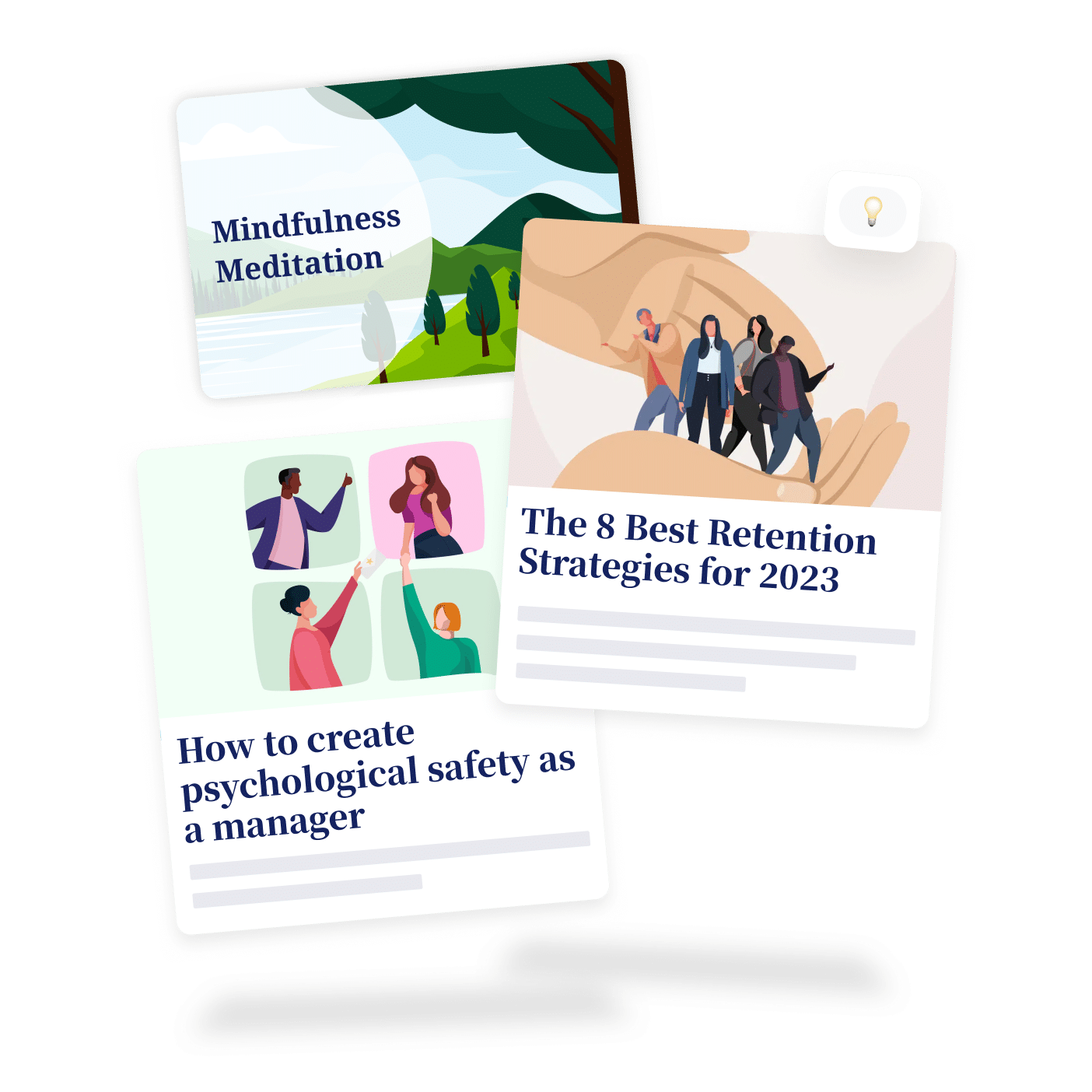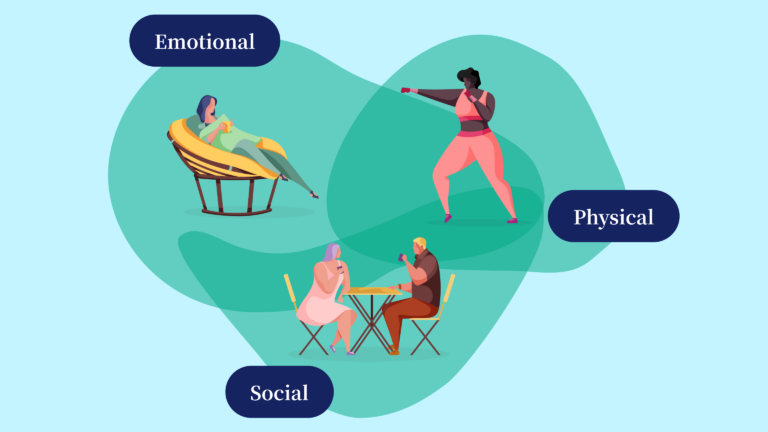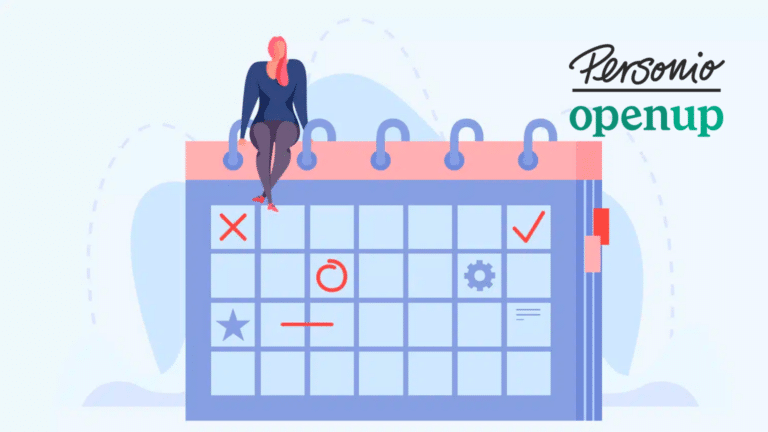So, here’s the question: how can you act preventatively as an HR professional or manager and why is that so important?
Why is prevention important?
In a lot of European countries, mental healthcare is still primarily geared towards treatment rather than prevention. Even though focusing on prevention in the first place could pay off in many ways.
Here are a number of benefits:
- More severe mental health symptoms are avoided, and as a result, (longer periods of) sick leave are avoided.
- Treatments are more likely to be effective when you catch things in an early stage.
- Employers avoid paying out large amounts of sick pay.
- Mentally resilient employees are more innovative, creative and productive.
- Mentally resilient employees are less likely to resign.
- Mentally resilient employees are more engaged and more loyal.
- Companies with good mental health policies find it easier to attract new talent.
To sum up, it’s really important to offer employees preventative support for their mental health. And you as an employer can play a key role in this.
Prevention is about maintaining good mental health
You get a car inspected and maintained annually to prevent it from breaking down. You go to the dentist to look after your teeth and you exercise to keep your body in good condition. But when it comes to our mental health, we have a tendency to not raise the alarm until it’s too late.
Prevention is about helping employees maintain good mental health. You’re creating the kind of environment that minimises the chances of challenges developing into problems.
How can you offer preventative mental health care to your staff?
When it comes to preventing mental health challenges in your employees, there are three main areas that you as an HR manager can have an influence on.
- Corporate culture
- Physical health
- Appropriate tools for mental health
Psychologists Eva Rüger and Pia Linden are going to explain what these pillars involve and what you can do within each of these 3 areas.
Pillar 1: Creating a healthy corporate culture
This might sound obvious, but a healthy corporate culture promotes good mental health in the workplace. How can you create a healthy corporate culture that prioritises transparency and mental- and physical safety?
- Normalise mental health. “The more mental health is discussed, the more approachable the topic becomes and the easier it is for employees to speak up about their challenges,” says Eva. “So, make sure that the topic is discussed often. In newsletters, during meetings, in speeches, and on the Intranet.”
- Invest in diversity, equality and inclusion. A pleasant corporate culture doesn’t mean the same thing for everybody. That’s why it’s good to start a conversation about this: what does a healthy corporate culture mean to you? How does your background or environment play a role here? You can discuss this in surveys, interviews or focus groups.
- Focus on empathetic relationships. It’s important to have a corporate culture based on healthy work relationships, meaningful interactions and ample opportunity to check in: employees will feel more comfortable and they’re more likely to speak up if they’re feeling a little off. Also, pay plenty of attention to social activities outside of work, such as get-togethers or a workout class.
- Normalise and introduce mental health days. In a perfect world, it would be normal for everyone to take a day off every now and then for the sake of their mental health. Just as you sometimes physically can’t work, there are sometimes moments when rest is necessary for your mind.
- Prioritise a healthy work-life balance. Overworking shouldn’t be the norm. Make sure that everyone is getting rest in the evenings and weekends, taking enough holidays and getting the opportunity to buy extra annual leave. Ask employees regularly how much overtime they’re working and if they think that this is expected of them. Pia: “I often see a huge gap between what managers and HR professionals say about their expectations regarding overtime and what employees actually experience. They’ll often say that overtime isn’t the norm, when in reality it is.”
- Give employees plenty of autonomy. One of the most accurate predictors of employees developing mental health symptoms is the degree of autonomy that they have. Employees who are under a lot of pressure and have little autonomy are the more likely to become exhausted. Let employees make their own decisions about working hours, tasks and scheduling.
- Have an open-door policy. Make sure that employees always know that they can come to you if they have a problem – no matter how big or small. It’s sometimes easier for employees to turn to a colleague or impartial person. A buddy or mentor system and appointing a counsellor might help here.
- Introduce meeting-free Fridays, so people can focus on their tasks. This way, they’ll feel better going into the weekend.






